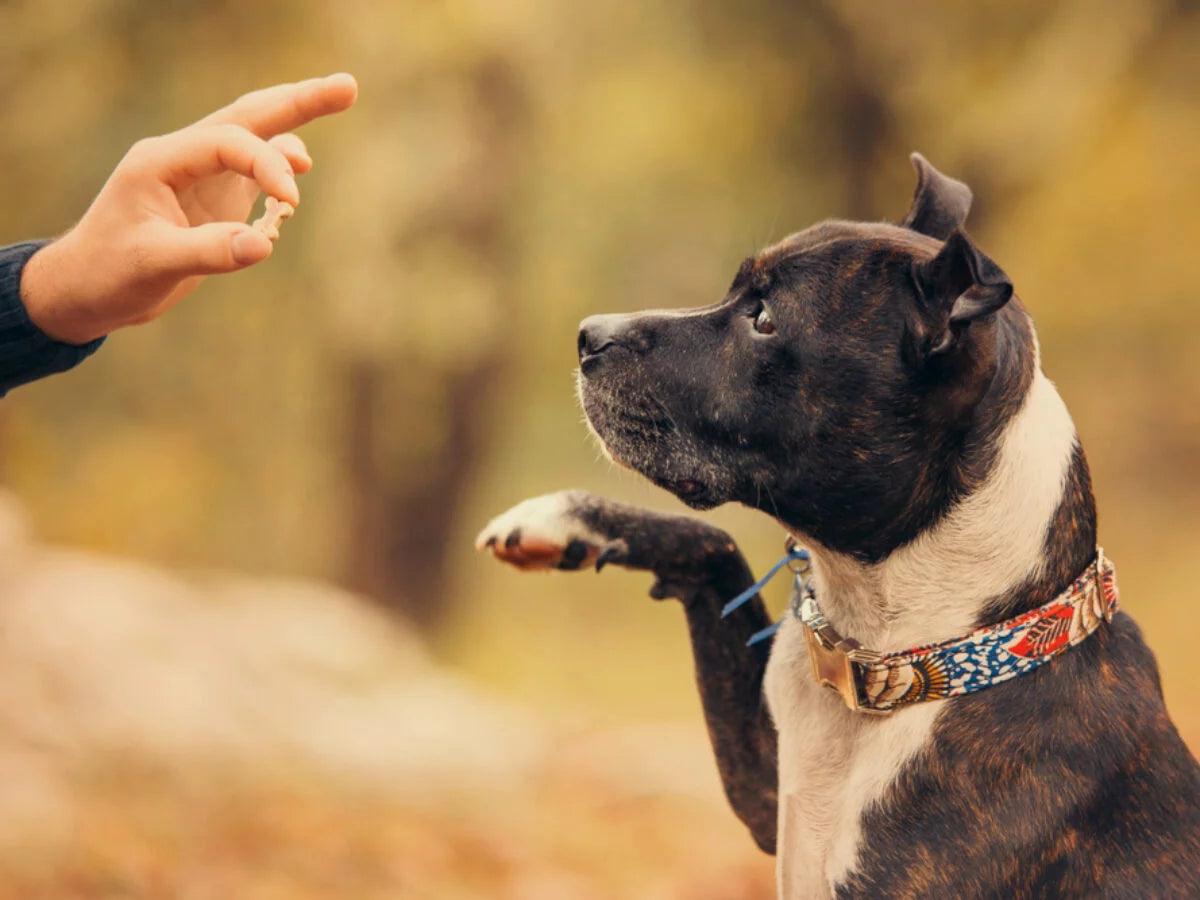
Labrador Retriever: The Ultimate Companion Dog
Labrador Retriever: The Ultimate Companion Dog
The Labrador Retriever, often referred to simply as a "Lab," is one of the most popular dog breeds in the world, known for its friendly and outgoing personality, intelligence, and versatility. Originally bred for retrieving game during hunting, Labradors have become beloved family pets, therapy dogs, service dogs, and more. Here’s an overview of this remarkable breed:
1. Origin and History
Labrador Retrievers originated in Newfoundland, Canada, in the early 19th century. They were initially known as "St. John’s dogs" or "Lesser Newfoundland dogs," bred by fishermen to help retrieve fish and pull in nets. The breed was later brought to England, where British breeders refined its characteristics into the Labrador Retriever we know today. Labs excelled as hunting companions, particularly for retrieving waterfowl, due to their excellent swimming abilities and soft mouths that could carry game without damaging it.
2. Physical Characteristics
Labrador Retrievers are medium to large-sized dogs, known for their athletic build and strong physique. Some key characteristics include:
- Size: Males typically weigh between 65-80 pounds, while females are slightly smaller, weighing 55-70 pounds.
- Height: Labs stand between 21.5 to 24.5 inches at the shoulder.
- Coat: They have a short, dense, water-resistant double coat that comes in three colors: black, yellow, and chocolate.
- Eyes: Expressive and friendly, usually brown or hazel.
- Tail: Often referred to as an "otter tail," it’s thick at the base and tapers, helping them in swimming.
3. Temperament
Labrador Retrievers are famous for their friendly and gentle temperament. They are affectionate, social, and eager to please, which makes them excellent family dogs. Some defining characteristics include:
- Friendly and Outgoing: Labs are known for being kind to everyone, whether family, children, or strangers.
- Intelligent and Trainable: Due to their intelligence and eagerness to learn, Labs are easy to train, making them suitable for a variety of roles, including service dogs, guide dogs, and therapy dogs.
- Energetic: Labs are full of energy and need regular exercise to stay happy and healthy. They love outdoor activities like hiking, swimming, and playing fetch.
- Good-Natured: Their easygoing and tolerant nature makes them great with children and other animals.
4. Exercise Needs
Labradors are high-energy dogs and require plenty of physical activity to burn off their energy. Daily walks, runs, or play sessions are essential. They also love swimming, and their webbed paws make them natural swimmers. Labs thrive in active households that can provide ample exercise and mental stimulation. Without enough physical activity, they may become bored and engage in destructive behaviors, such as chewing or digging.

5. Training and Intelligence
Labrador Retrievers are highly intelligent and eager to please, making them one of the most trainable dog breeds. They excel in obedience training, agility, and even advanced tasks required for service dogs. Labs respond best to positive reinforcement techniques, such as praise, treats, and play. Early training and socialization are crucial to prevent bad habits and help them grow into well-mannered adults.
6. Health and Lifespan
Like all breeds, Labrador Retrievers are prone to certain health conditions. Some of the most common issues include:
- Hip and Elbow Dysplasia: This genetic condition affects the joints, leading to arthritis and mobility problems.
- Obesity: Labs are known for their love of food, and without proper diet and exercise, they can quickly gain weight, leading to other health problems.
- Progressive Retinal Atrophy (PRA): An eye disorder that leads to vision loss over time.
- Ear Infections: Due to their floppy ears, Labs can be prone to ear infections if not cleaned regularly.
With proper care, Labradors typically live between 10 to 12 years.
7. Diet and Nutrition
Labradors love food, and maintaining a healthy diet is essential to prevent obesity. A high-quality, well-balanced dog food that meets their nutritional needs is key. Feeding them twice a day, monitoring portions, and avoiding excessive treats can help keep them at a healthy weight. Given their tendency to overeat, it’s important to ensure they get enough exercise to maintain a healthy body condition.
8. Suitability as Family Pets
Labrador Retrievers are among the best breeds for families. They are patient, gentle, and protective, making them wonderful companions for children. Their friendly and tolerant nature allows them to get along well with other pets too. However, due to their high energy levels, Labs are best suited for active families who can keep up with their need for regular exercise and mental stimulation.

9. Roles Beyond the Family Dog
Thanks to their intelligence, trainability, and gentle nature, Labradors excel in various roles beyond being family pets. They are commonly used as:
- Service Dogs: Labs are often trained to assist individuals with disabilities, including those who need guide dogs or therapy dogs.
- Search and Rescue Dogs: Their excellent sense of smell and ability to cover rough terrain make them ideal for search and rescue missions.
- Hunting Dogs: As natural retrievers, Labs are still used today by hunters to retrieve game, especially in water.
- Therapy Dogs: Their calm demeanor and gentle nature make them great companions for therapy work, visiting hospitals, schools, and nursing homes.
10. Conclusion
Labrador Retrievers are loyal, friendly, and versatile dogs that bring joy to countless homes around the world. Whether as a family pet, working dog, or therapy companion, their loving nature and intelligence make them one of the most beloved breeds. If you're looking for an active, affectionate, and trainable dog, a Labrador Retriever could be the perfect addition to your family.




